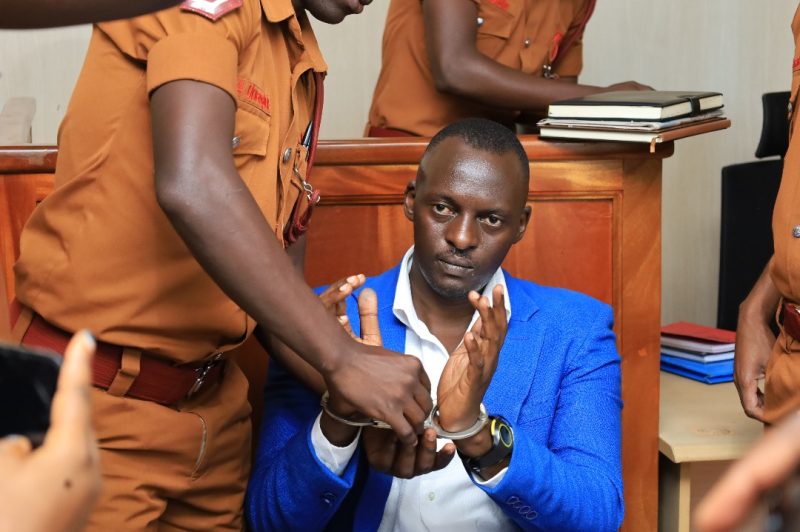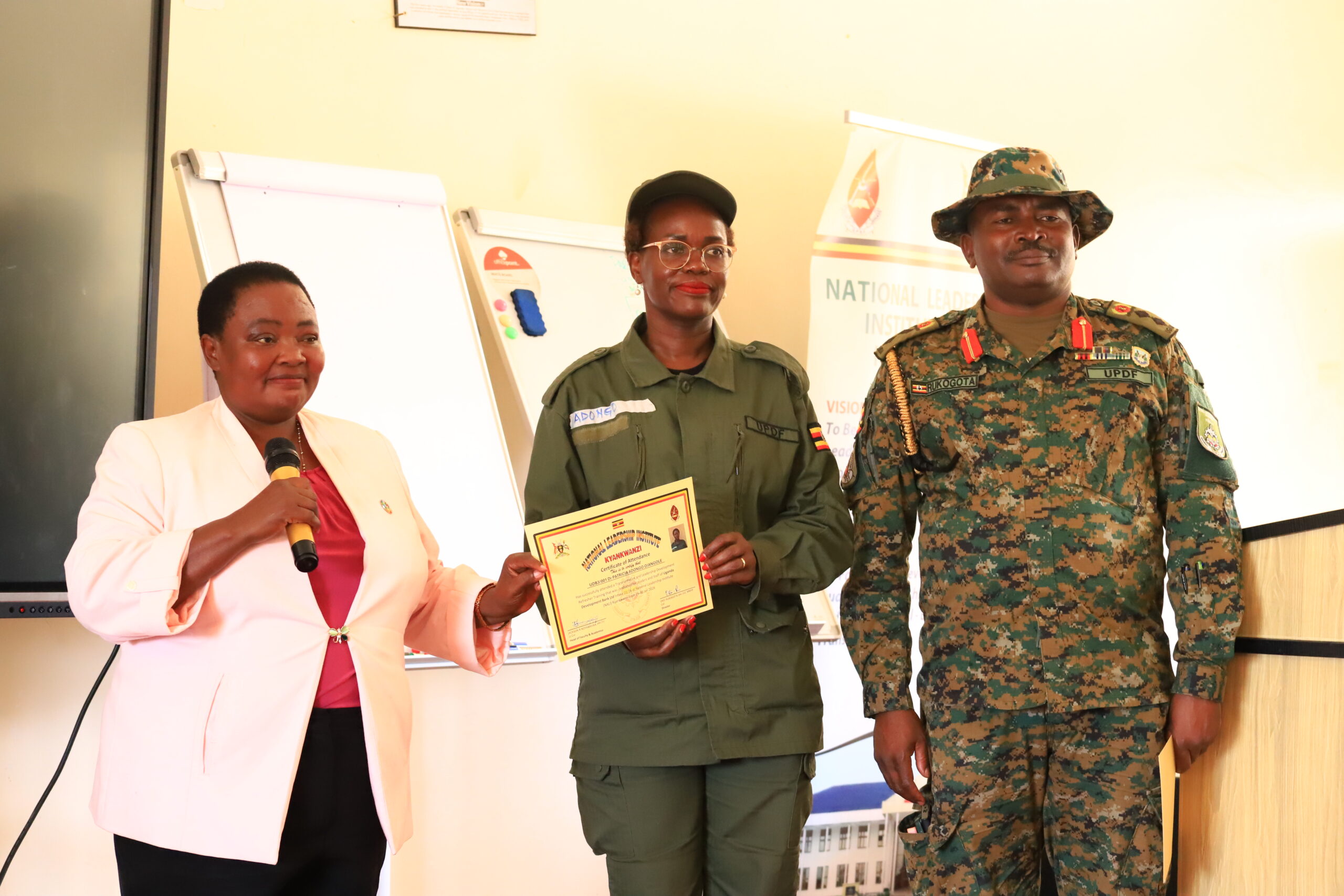The High Court has released Dr. Kiiza Besigye’s lawyer, Eron Kiiza, on bail pending the determination of his appeal.
Kiiza had applied for bail three weeks ago after being convicted by the military court for contempt of court in January. In his application, he stated that he resides in Central Kiwatule Zone, Kiwatule Ward, Nakawa Division, Kampala City, which falls within the High Court’s jurisdiction.
In his ruling, Justice Michael Elubu found that although no statutory right of appeal existed due to this legal void, the High Court could exercise equitable and inherent to remedy a legal wrong and prevent injustice.
“Given the real risk of the applicant serving his full sentence before appeal determination, the likelihood of success based on potential illegality of the sentence, and the presence of substantial sureties, the court granted bail pending appeal with strict conditions,” he ruled.
Appearing before court today, Justice Michael Elubu granted Kiiza a cash bail of Shs 20 million, while his sureties were each given a Shs 50 million non-cash bond.
“It is directed that the applicant will report for the extension of his bail, to the Registrar of the Criminal Division of the High Court, on the first Monday of every month,” court ruled.
Court further directed Kiiza to deposit his passport with this court. In the event he requires it for travel, an application to that effect will be made before this court.
At the time of his conviction, Kiiza was legal counsel to incarcerated former presidential candidate Dr. Kiiza Besigye. Besigye and Hajj Kamulegeya were facing multiple charges before the General Court Martial, including possession of firearms at Riverside Apartments in Nairobi, Kenya, and allegedly holding meetings in Greece and Switzerland to undermine the security of the Ugandan army.
The two were reportedly abducted last month in Nairobi, Kenya, where they had attended a book launch hosted by Kenyan opposition politician and lawyer Martha Karua. Karua, now in Uganda, is leading a team of 50 lawyers defending Dr. Besigye and Hajj Kamulegeya.
In February, the Supreme Court ruled against the trial of civilians in the General Court Martial, citing a lack of independence and impartiality. This landmark ruling stemmed from a constitutional appeal by former Nakawa Municipality MP Michael Kabaziguruka, who challenged the military court’s jurisdiction over civilians.
Justice Catherine Bamugemereire declared that the Court Martial, as a military tribunal, lacks the constitutional authority to try civilians, arguing that its structure and procedures violate Uganda’s constitutional principles of fairness and impartiality. Justice Monica Mugenyi echoed these concerns, while Chief Justice Owiny Dollo ruled that the military court system does not guarantee a fair trial.
“I find that the military court system in Uganda lacks the independence and impartiality required under the Constitution to ensure a fair trial. The respondent’s concerns about the General Court Martial’s objectivity were justified,” Chief Justice Owiny Dollo stated.
The court ruled that provisions granting subordinate military courts jurisdiction over capital offences violate Articles 129(1)(d) and 126(1) of the Constitution, rendering them unconstitutional. Additionally, sections 2, 179, and 119(1)(h) and (g) of the UPDF Act, which allow military courts to try civilians, were declared unconstitutional.
The ruling concluded that granting the General Court Martial jurisdiction over individuals subject to military law for civil or non-disciplinary offences contravenes Articles 209 and 210 of the Constitution.





















